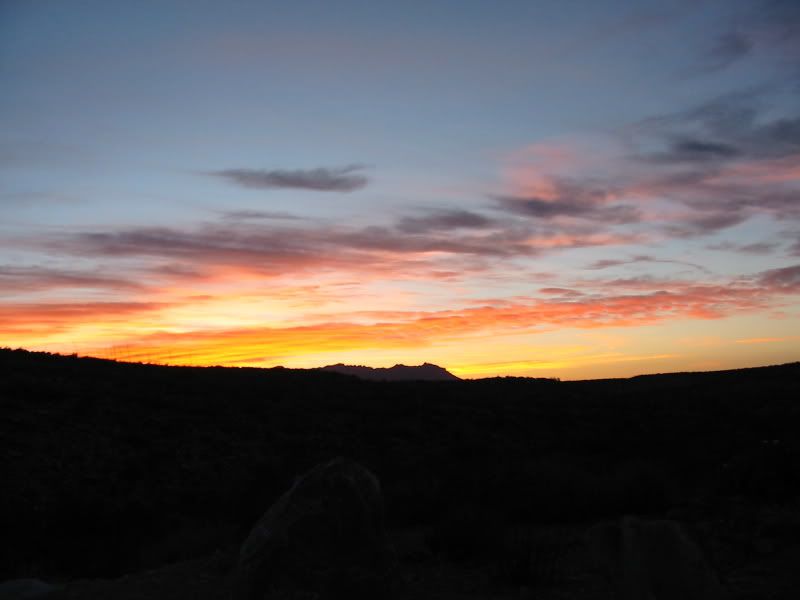|
|
 Our long-time Sponsor - the leading source for ultralite/lightweight outdoor gear 
|
|

| Affiliate Disclaimer: This forum is an affiliate of BackcountryGear.com, Amazon.com, R.E.I. and others. The product links herein are linked to their sites. If you follow these links to make a purchase, we may get a small commission. This is our only source of support for these forums. Thanks.! |
Copyright © The Lightweight Backpacker & BackcountryForum







 Previous Topic
Previous Topic Index
Index







